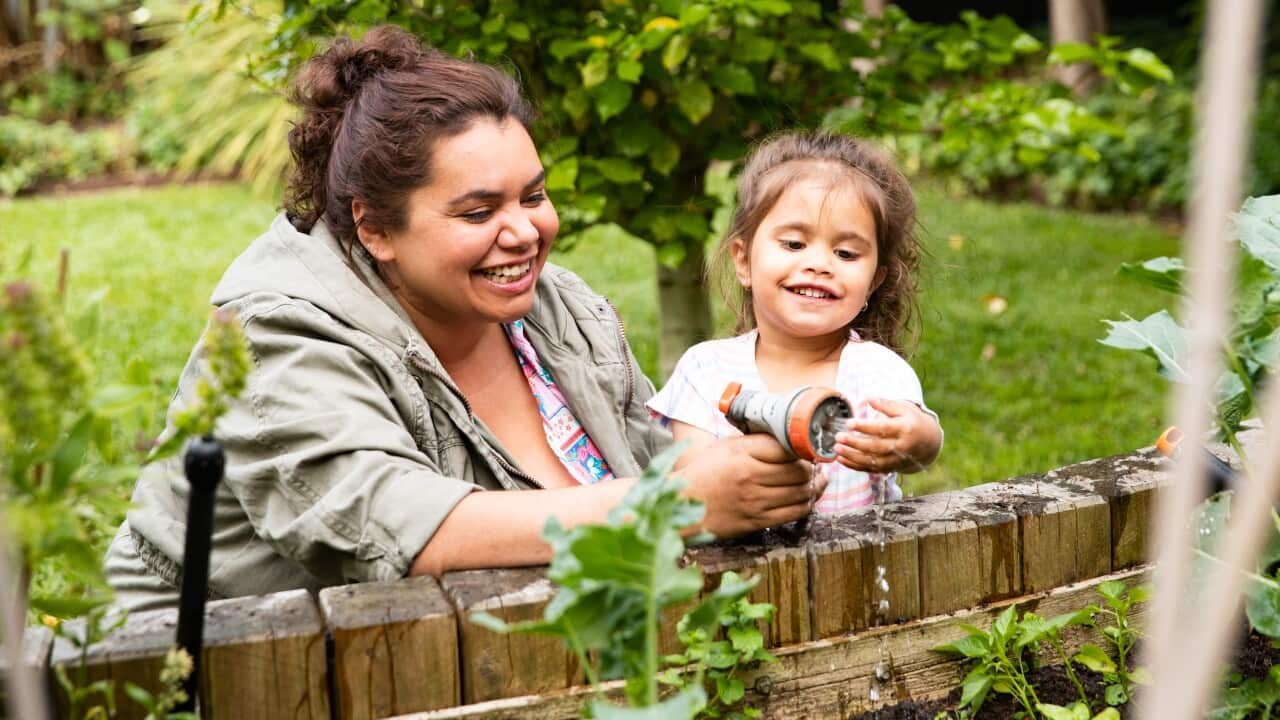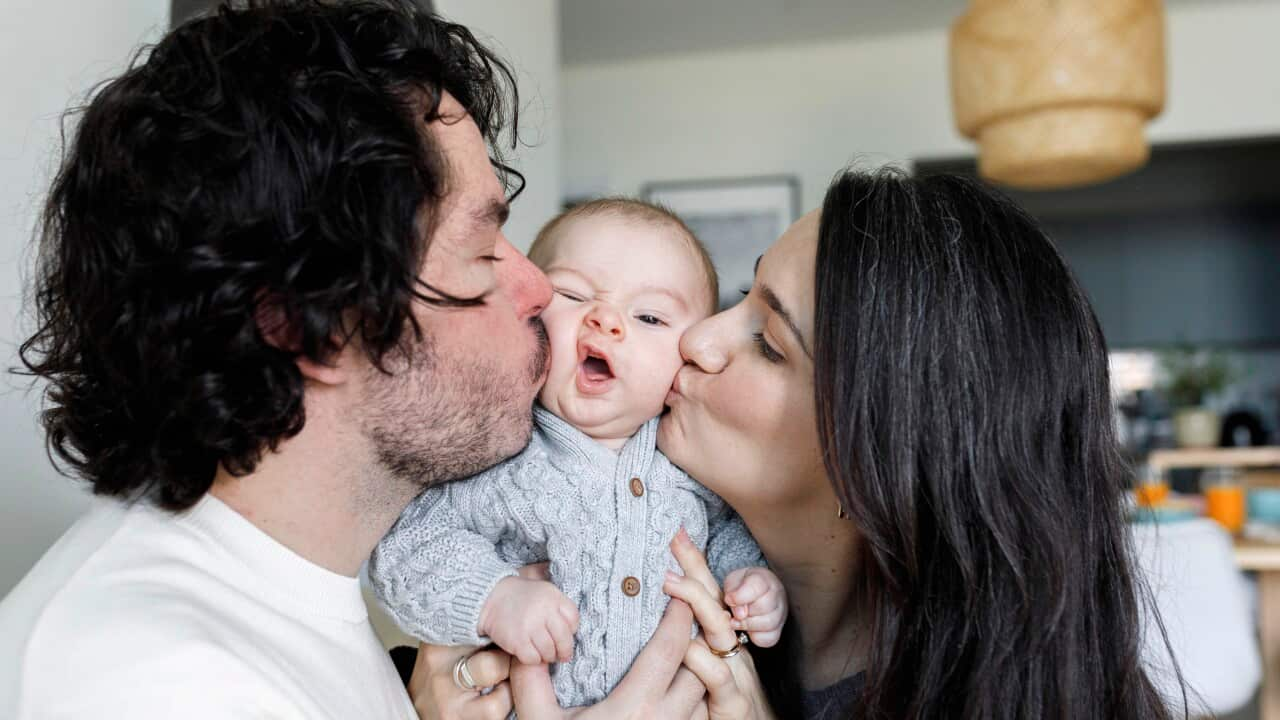Key Points
- Through cross-cultural friendships we find commonalities between different migration experiences.
- Cultural silos can prevent us from accessing critical information in a new country.
- Cross-cultural friendships give us new perspectives and strengthen our sense of belonging.
- Limiting ourselves to one cultural circle denies us the potential of creating our most meaningful relationships.
Are your friends from your own cultural circle?
The migration experience can be lonely, so understandably we gravitate towards familiar people for support and friendship.
However stepping outside our cultural bubble exposes us to different perspectives and strengthens our sense of empathy.
Cross-cultural friendships also highlight our commonalities.
“When people come to Australia they very often connect over the experiences of migration,” says friendship and migration expert Dr Harriet Westcott.
“There are different forms of migration so the reasons why people have migrated might be different, and people’s migration passage can be varied. Asking people about their experiences can be useful – but it can also be traumatic so it might be something you want to be sensitive about in friendship.”
The cultural ‘silo’
We find comfort in people within our national, cultural or ethnic circles who think the same way as we do – but there are drawbacks too.
“The problem is that you’re not expanding beyond this silo that you’re caught in,” warns Professor Catherine Gomes, who specialises in communications in diverse communities at RMIT.
In a silo you think the same way as I do. So when it comes to information and perspective about living in your destination country, whatever my friend knows is what I know. That becomes problematic because you’re not actually understanding how you’re going to be living in this foreign country.Catherine Gomes
Outside of that silo we access information that’s critical to living in our destination country.
International students commonly report less culture shock and a better sense of adjustment when they make local friends.
However Professor Gomes hears many Chinese international students reporting that they have no friends outside the Chinese circle.

Make friends in Australia: the importance of cross-cultural friendships
“But to be fair to a lot of migrants, especially temporary migrants, it’s actually really hard to make local friends.”
Making friends is hard to do
Locals naturally form relationships in their formative years and exist in their own cultural bubbles.
Former Russian international student Max Tkachenko observed this harsh reality when he arrived.
When you hear some migrants commenting that it’s hard to break into those social circles, I understand those challenges. I’ve been through them.Max Tkachenko
“But I must say that commenting on someone’s self-imposed limitations is a very poor excuse for limiting yourself,” says Mr Tkachenko.
Friendships are voluntary so not everyone might want to be friends with us, says Dr Westcott.
“That’s not necessarily about us. It’s just about the fact that their lives are busy. If we just maintain that open spirit and treat it like a journey, we will meet people who are interested eventually.”
Bursting cultural bubbles
What impelled Max Tkachenko to explore friendships beyond his cultural circle was curiosity and the need for meaningful relationships.
“It’s like thinking of a kid in a candy store,” he offers.
“They want to try everything. When it comes to Australia you can have a cultural candy store just on the same street, so why limit yourself?”

People born and raised in Australia can exist in a cultural bubble too. Credit: SolStock/Getty Images
“When you limit yourself just to your cultural background you potentially exclude some of the most meaningful relationships that you could develop.”
Belonging
Professor Gomes identifies as Eurasian, born in Singapore. When she arrived in Australia she struck up conversations with anyone who was different to her.
It’s about understanding the wider community that you have now become part of, she says. You also get to know the place better.
“If you have friends who are Australian for example, that sense of belonging is much greater.
If you’re hanging out with people who are exactly the same as you, you’re not immersing yourself in the experiences of the place that you’re in but rather, you are just moving from your home country to wherever the scenery looks a bit different. That’s about it.Max Tkachenko

Being friendly and giving people the benefit of the doubt can go a long way to forming friendships. Credit: Lucy Lambriex/Getty Images
“What you fear is the things you’re going to miss out on, on the other side of the fear,” he says.
“Push through the fear and get to the fun stuff. You just have to get out there, crack a joke, break the ice and very soon it won’t matter whether the person is Australian born or they came here.”













